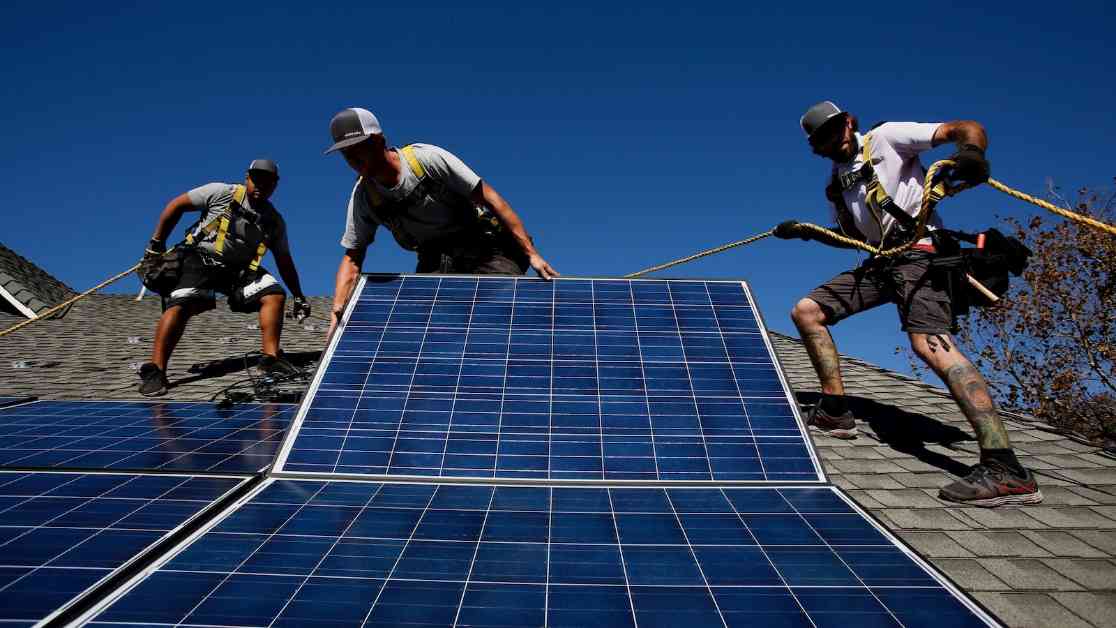For the past two decades, homeowners have been able to claim thousands of dollars in federal tax credits to help offset the high upfront costs of going solar. It was all good until the U.S. House of Representatives dropped a bombshell this week by proposing to end the incentives at the year’s end. If this wild idea somehow makes it through the House and Senate, it could seriously mess up the whole idea of powering your home with the sun.
Glen Brand, director of policy and advocacy at Solar United Neighbors, a non-profit that’s all about encouraging solar technology, said, “It would put solar out of reach for millions of people. Basically, the House is saying they aren’t about to help out with those rising energy costs.” It’s a bit of a rollercoaster ride, really.
The first solar tax credits kicked in back in 1978, but then they vanished in 1985 during President Ronald Regan’s term. Fast forward to 2005, another Republican, President George W. Bush, brought them back to life. Lawmakers have been playing around with these incentives ever since, with the latest being the 2022 Inflation Reduction Act, setting the credit at 30 percent of the system’s cost until 2032, then slowly phasing it out over two years. Now, the average cost of a solar system in the U.S. is like over $28,000, so a tax credit would save you around $8,500. So, yeah, it’s a pretty big deal.
The House Ways and Means Committee just threw out a budget reconciliation proposal that takes a big bite out of the IRA, including support for residential solar. The so-called 25D tax credit would still be there for systems installed this year, and then poof, it’s gone. Without these tax credits, solar might still make sense in sunny places or where electricity is pricey, but the payback time is gonna stretch out. For others, the whole math thing might not add up anymore.
So, businesses that install solar on homes and then lease the equipment or do a power purchase deal get another credit, 48E. This helps them cut costs for customers. But, guess what? The House wants to get picky about where the solar panel materials come from. They’re aiming to block “foreign entities of concern,” like those in China, where most solar components are made. Tough luck for the industry.
The House’s move is just one more hurdle for the solar industry to jump. Some states, including California, have already cut back on what homeowners can earn from selling power to the grid, making solar less appealing. And even before the Republicans took over Congress and the White House, companies were already starting to lay off workers. It’s a tough world out there for solar.
Some Republicans see the value of energy tax credits and how they help the economy. Twenty-one House members signed a letter worried about “disruptive changes” to energy tax stuff. And four Republican Senators wrote a letter asking for a more “pragmatic approach” to any changes. So, it’s all up to the Senate now.
Brand thinks the House’s plan might not make the cut and is hoping the Senate steps in to fix things. But, Jacquelyn Pless, a professor at MIT Sloan School of Management, says the damage is already done. The back and forth over policy just makes it hard for companies to plan ahead. Uncertainty can mess up investments, raise costs, and ruin market confidence. Tough times ahead for the solar industry, for sure.














